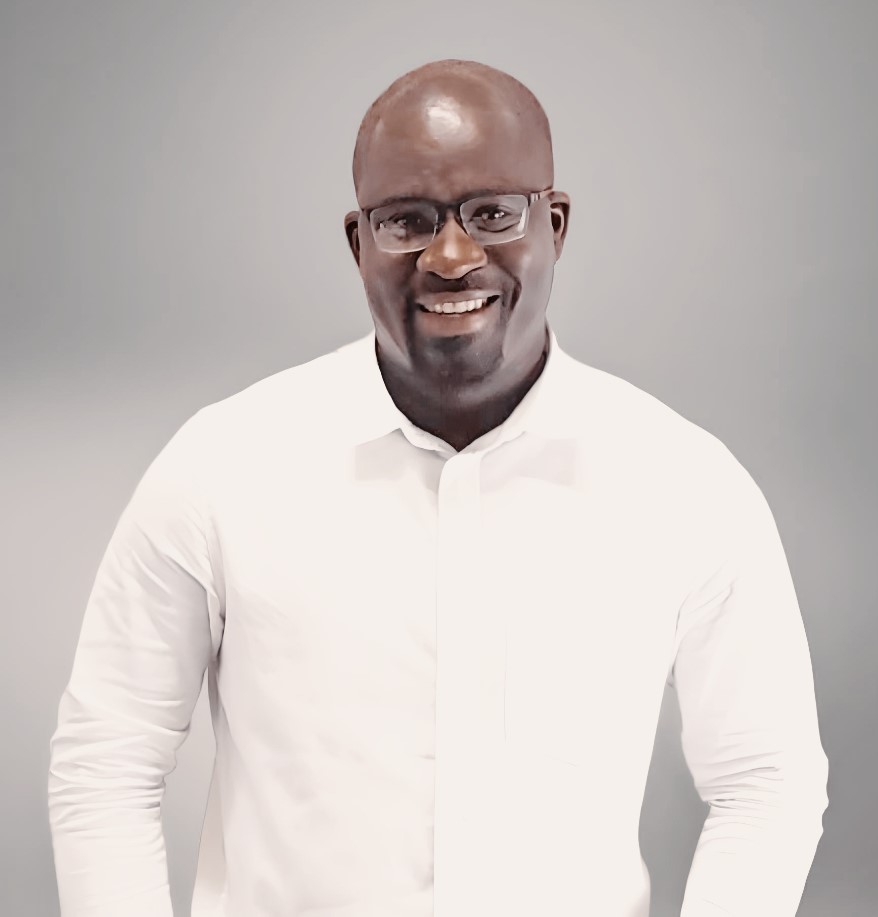New study finds worldwide climate change adaptation actions too uncoordinated

Professor Donovan Campbell
The UWI Regional Headquarters, Jamaica. Friday, October 20, 2023—A new study published in the scientific journal, Nature Climate Change, provides the first global analysis of actors engaged in climate adaptation and their roles. The study reveals a critical issue, that systematic networking of various actor groups has generally been insufficient.
An international team of scientists assessed more than 1,400 scientific studies on climate change adaptation. The team included Professor of Environmental Geography at The University of the West Indies (The UWI), Donovan Campbell, who is named as a co-author of the published paper.
The results show that, across the globe, there are many gaps in the distribution of roles and responsibilities for adaptation. Spotlighted above all—the lack of adaptation that profoundly transforms societies, lack of infrastructure, lack of risk management to address the massive impacts of climate change, and the lack of comprehensive collaborations between various state and non-state actors.
According to Professor Campbell, “The findings underscore a deeply concerning global trend: despite the clear and present dangers of the escalating climate crisis, adaptation efforts remain fragmented and largely uncoordinated. This disjointed approach is particularly worrisome given the undue burden placed on affected individuals and households, especially in regions like the Caribbean, to shoulder the primary responsibility of adaptation. The study emphasies the urgency for a shift towards more integrated, collaborative, and inclusive adaptation strategies that leave no one behind.”
The journal article drives home the realisation that climate change adaptation is urgent, and points out that the recent Sixth Assessment Report of the Intergovernmental Panel on Climate Change (IPCC) stresses the need to identify “who needs to take what actions and when in order that transformations unfold at sufficient speed and scale to meet the Paris, SDG and other policy goals.”
In spite of this, however, the study records that, to date, affected individuals and households have been left to do the heavy lifting of implementing actual adaptation. This is particularly so in the Global South, where individuals and households have had to carry the principal burden of adaptation. By contrast, these groups are hardly involved at all in the design and implementation of institutional changes, according to the researchers, who also highlighted that the situation differs in urban and non-urban areas. Whereas in rural areas, individual households are the prime actors, and there is little in the way of coordination, state actors tend to organise adaptation much more frequently in cities. The study also observed that the private sector has engaged in comparatively little adaptation to date and is scarcely involved in joint measures with other actors.
“Comprehensive, fair, and forward-looking adaptation is successful when formal organisations and the various other actor group are integrated at all levels. When it is primarily individual persons like farmers big and small who are engaging in this work worldwide, this is a sign that collaborations between various actor groups are lacking,” says Dr. Jan Petzold, a geographer at Ludwig-Maximilians-Universität München, Germany, and lead author of the study.
End.
Read the report: A global assessment of actors and their roles in climate change adaptation | Nature Climate Change
About The University of the West Indies
The UWI has been and continues to be a pivotal force in every aspect of Caribbean development; residing at the centre of all efforts to improve the well-being of people across the region for the past 75 years.
From a university college of London in Jamaica with 33 medical students in 1948, The UWI is today an internationally respected, global university with near 50,000 students and five campuses: Monain Jamaica, St. Augustine in Trinidad and Tobago, Cave Hillin Barbados, Five IslandsinAntigua and Barbuda and itsGlobal Campus, and global centres in partnership with universities in North America, Latin America, Asia, Africa and Europe.
The UWI offers over 800 certificate, diploma, undergraduate and postgraduate degree options in Culture, Creative and Performing Arts, Food and Agriculture, Engineering, Humanities and Education, Law, Medical Sciences, Science and Technology, Social Sciences, and Sport. As the Caribbean’s leading university, it possesses the largest pool of Caribbean intellect and expertise committed to confronting the critical issues of our region and wider world.
The UWI has been consistently ranked among the top universities globally by the most reputable ranking agency, Times Higher Education (THE). The UWI is the only Caribbean-based university to make the prestigious lists since its debut in the rankings in 2018. In addition to its leading position in the Caribbean in the World University Rankings, it is also in the top 25 for Latin America and the Caribbean and the top 100 global Golden Age universities (between 50 and 80 years old). The UWI is also featured among the leading universities on THE’s Impact Rankings for its response to the world’s biggest concerns, outlined in the 17 United Nations Sustainable Development Goals (SDGs), including Good Health and Wellbeing; Gender Equality and Climate Action.
2023 marks The UWI’s 75th anniversary. The Diamond jubilee milestone themed “UWI at 75. Rooted. Ready. Rising.” features initiatives purposely designed and aligned to reflect on the past, confront the present, and articulate plans for the future of the regional University.
Learn more at www.uwi.edu




